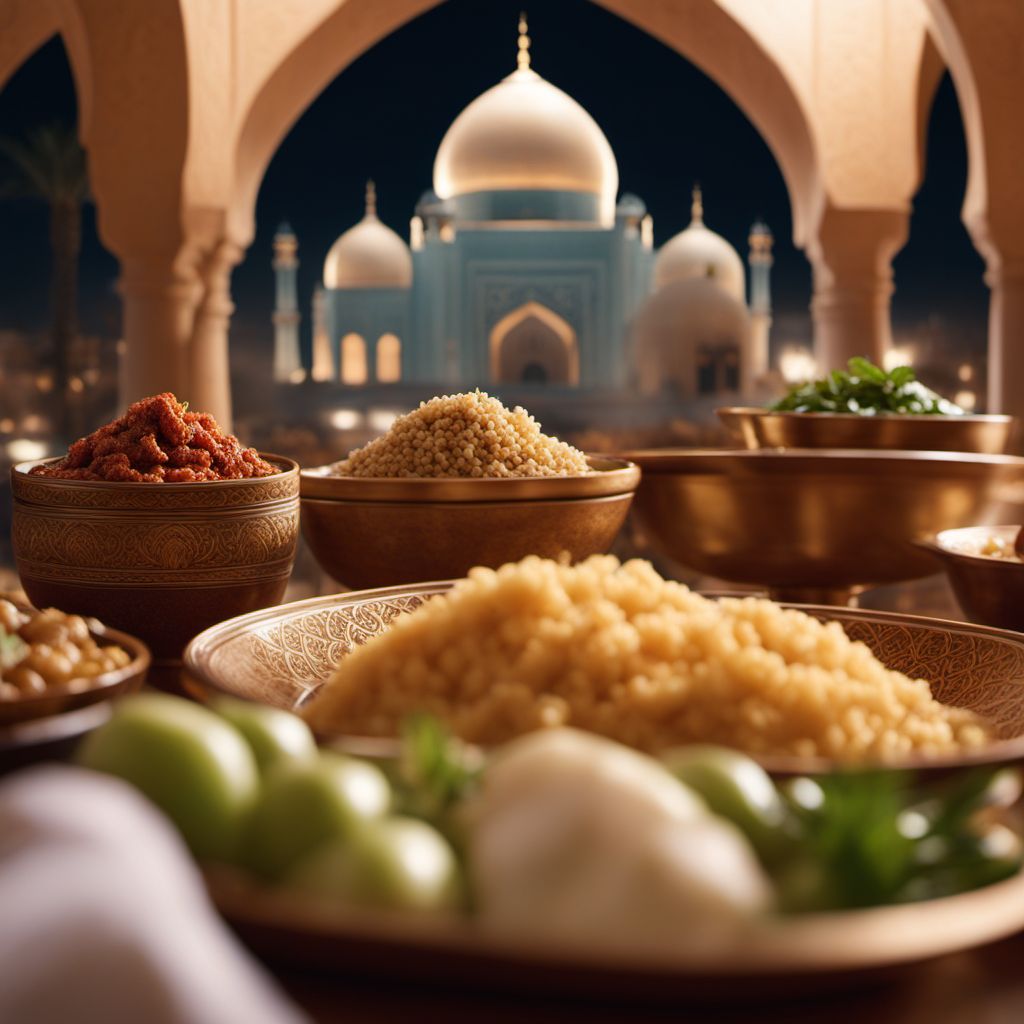
Cuisine
Arab cuisine
Arab cuisine is a fusion of Middle Eastern, Mediterranean, and African cuisines. The cuisine is characterized by its use of spices and herbs, such as cumin, coriander, and cinnamon, as well as its use of olive oil and yogurt. Arab cuisine is also known for its use of lamb and other meats.
Typical ingredients
Lamb, Chicken, Beef, Fish, Rice, Bulgur, Lentils, Chickpeas, Eggplant, Tomatoes, Onions, Garlic, Cumin, Coriander, Cinnamon, Yogurt, Olive oil
Presentation and garnishing
Arab dishes are often served family-style and garnished with fresh herbs and vegetables.
Arab cuisine has had a significant influence on the cuisines of Europe and the Americas, with many Arab dishes becoming popular around the world.
More cuisines from this region...
Malaysian Chinese cuisine, Malay cuisine, Eurasian cuisine of Singapore and Malaysia, Malaysian Indian cuisine, Peranakan cuisine, Sarawakian cuisine, Sabahan cuisine
History
Arab cuisine has a long history, dating back to the ancient civilizations of the Middle East. The cuisine has been influenced by the cuisines of Greece, Rome, Persia, and India, as well as the indigenous cuisines of the region. The cuisine has also been shaped by the Islamic dietary laws.
Cultural significance
Arab cuisine is an important part of Arab culture and is often served at festivals and celebrations. The cuisine is also a way for Arabs to connect with their heritage and pass down traditions to future generations.
Health benefits and considerations
Arab cuisine is generally healthy, with a focus on fresh ingredients and balanced flavors. However, some dishes may be high in sodium or fat.
Arab cuisine dishes Browse all »

Nafeleh
Arab meatballs
Nafeleh is a traditional Middle Eastern dish that is typically served for breakfast. The dish consists of fried eggplant, tomatoes, and onions, topped with eggs and served with...
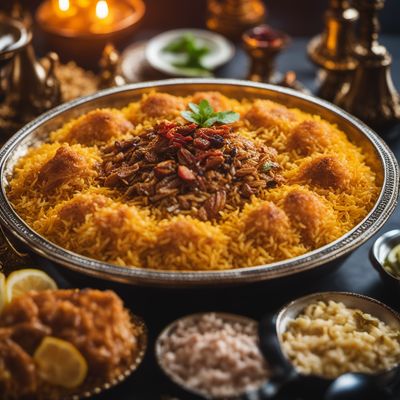
Kabsa
Kabsa is a traditional Saudi Arabian dish that is made with rice, meat, and a blend of spices. It is a popular dish that is often served during special occasions and celebrations.

Kousa mahshi
Stuffed Zucchini
Kousa mahshi is a traditional Middle Eastern dish made with stuffed zucchini.
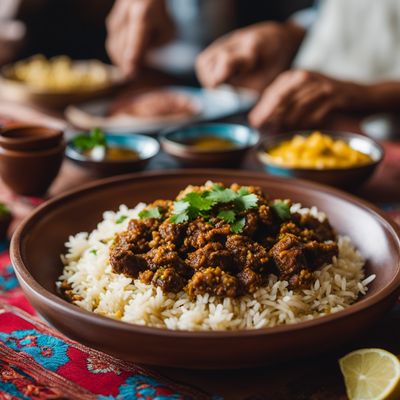
Mumawwash
Mumawwash is a traditional Yemeni dish that is made with lamb, rice, and a blend of spices. It is a hearty and flavorful dish that is perfect for a family dinner or a special occasion.
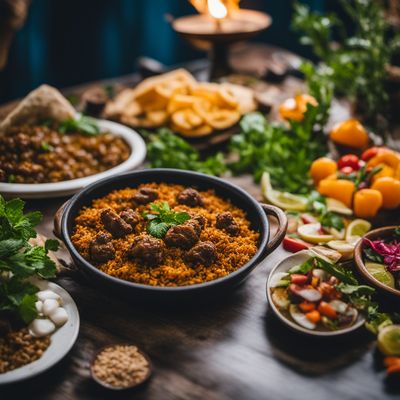
Zarb
Zarb is a traditional Iranian dish that is typically made with lamb, rice, and vegetables. The dish is cooked in an underground oven, which gives it a unique smoky flavor and...

Khabeesa
Khabeesa is a traditional dessert from the Arabian Peninsula that is made with dates, flour, and ghee. It is a sweet and sticky treat that is perfect for satisfying a sweet tooth.

Lokhemat
Lokhemat is a popular Middle Eastern dessert that is similar to a doughnut hole. It is a fried dough ball that is crispy on the outside and soft on the inside. It is typically...
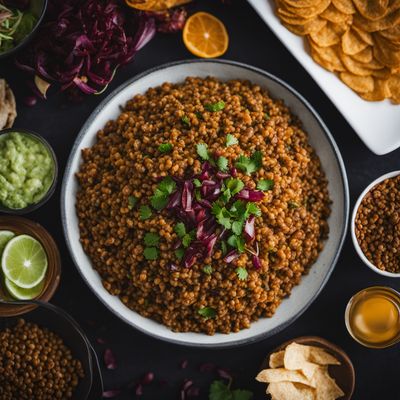
Mujaddara
Mujaddara is a traditional Middle Eastern dish made with lentils, rice, and caramelized onions. It is a hearty and flavorful vegetarian dish that is easy to make and perfect...
Arab cuisine recipes Browse all »
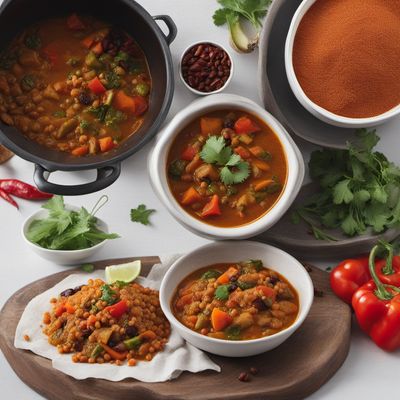
Arab-inspired Spiced Vegetable Stew
Saffron-infused Vegetable Delight: A Taste of Arabia

Authentic Arabian Kabsa
Savor the Flavors of Arabia: Authentic Kabsa Recipe

Rozz Meʿammar with Spiced Lamb and Almonds
Arabian Delight: Fragrant Rice with Spiced Lamb and Crunchy Almonds
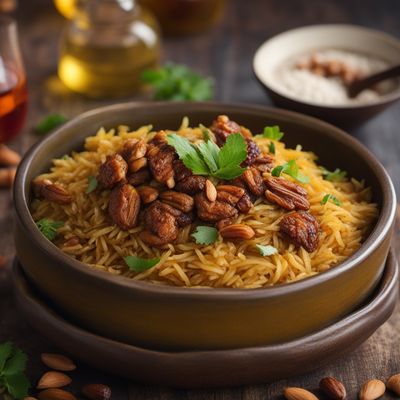
Mumawwash - A Flavorful Delight from Arab Cuisine
Saffron-infused Mumawwash: A Taste of Arabian Nights

Lokhemat with a Twist
Golden Bites of Delight: Lokhemat with a Modern Twist
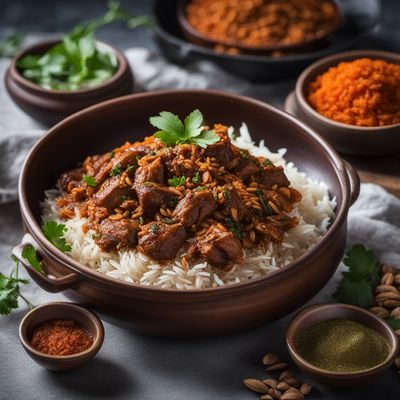
Abud with Spiced Lamb and Rice
Middle Eastern Delight: Abud with Fragrant Spiced Lamb and Rice
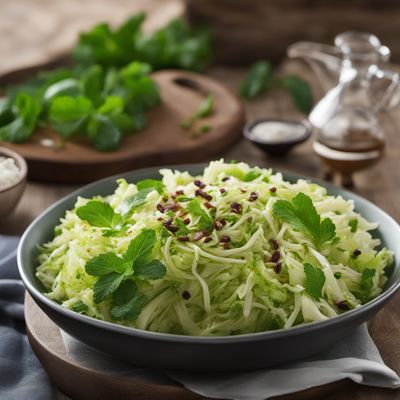
Arab-style Cabbage Salad
Zesty Cabbage Medley: A Refreshing Arab Salad
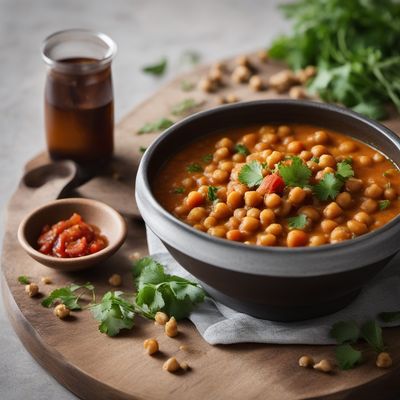
Arab-style Chickpea Stew
Saffron-infused Chickpea Delight

Arabic-style Radicchio Dumplings
Savory Arab-inspired Radicchio Dumplings: A Fusion of Flavors
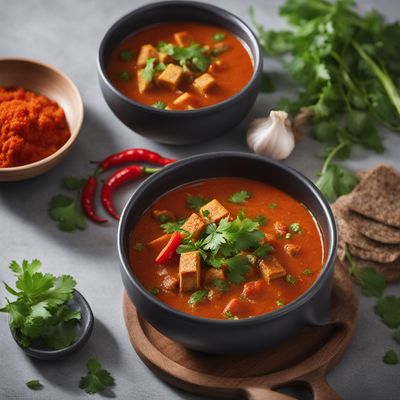
Arab-style Spicy Tofu Stew
Fiery Tofu Delight: Arab-inspired Spicy Stew
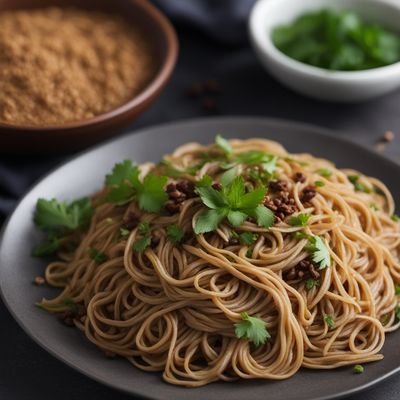
Arab-style Naked Noodles
Savory Arab-Inspired Naked Noodles: A Flavorful Twist on a Japanese Classic

Arab-style Beef & Broccoli
Savory Beef with Tender Broccoli in Arabic Spices